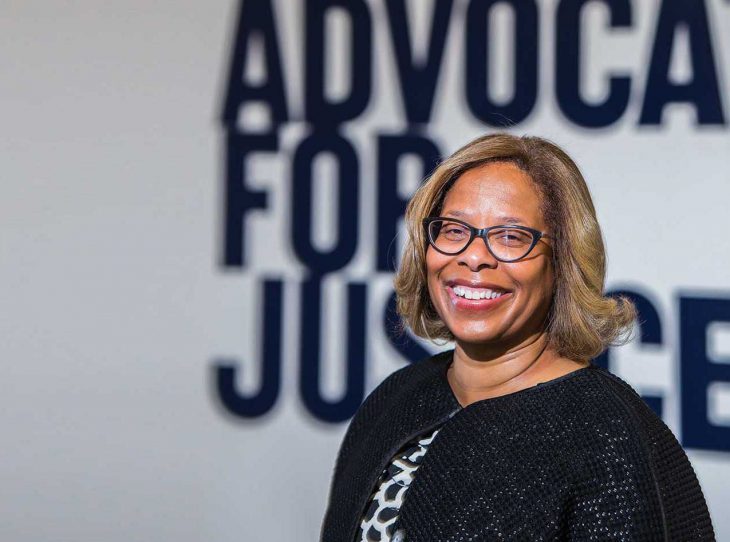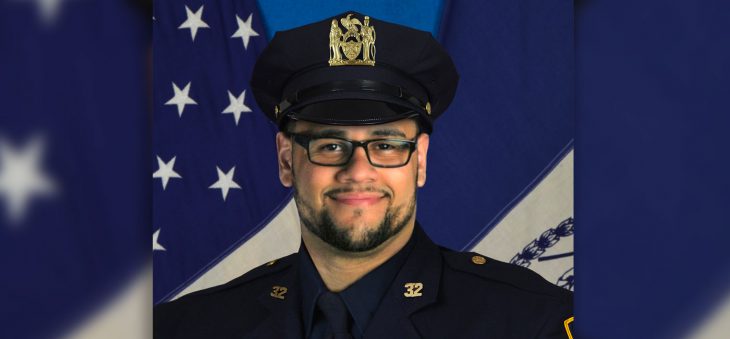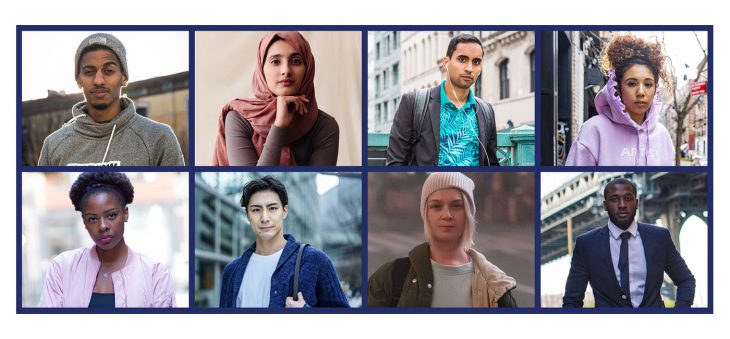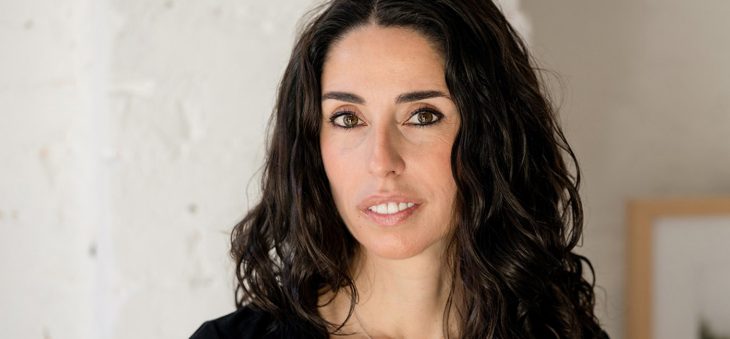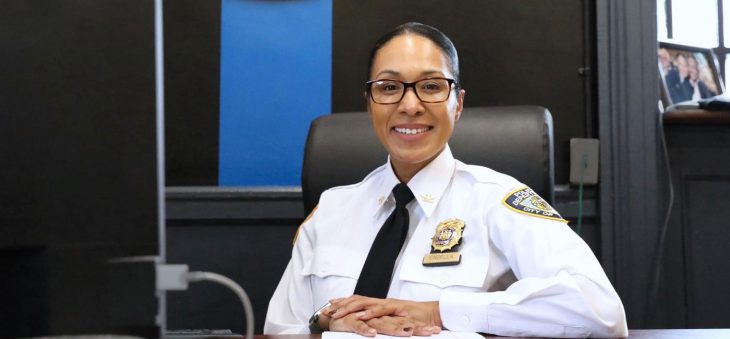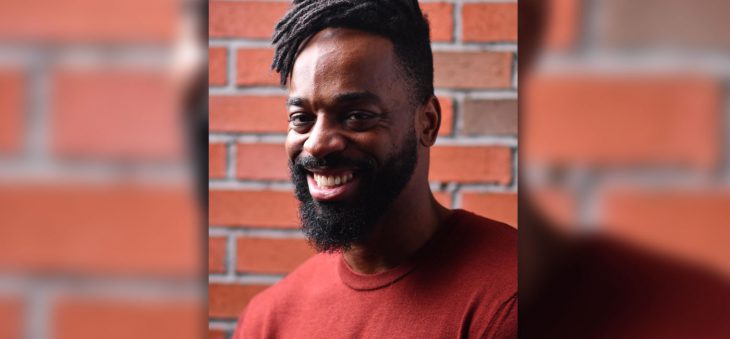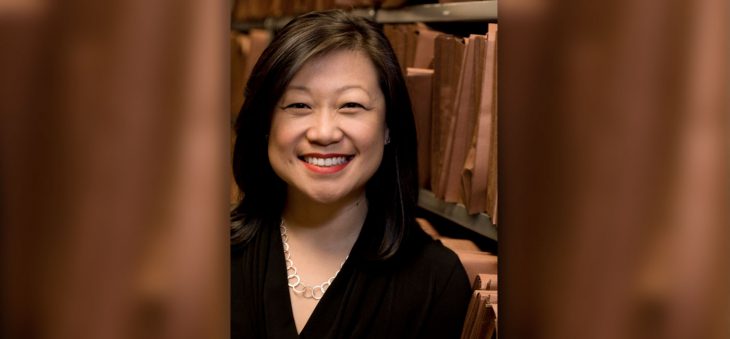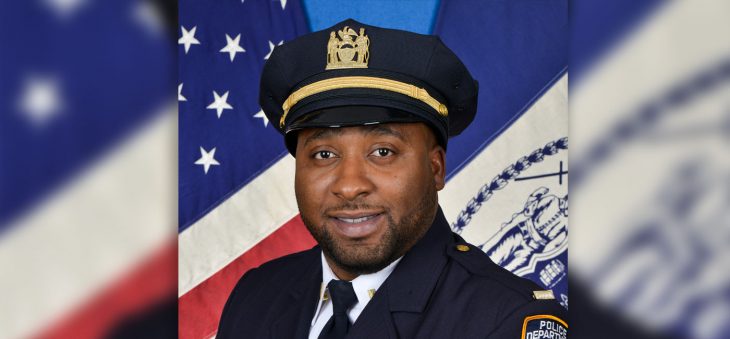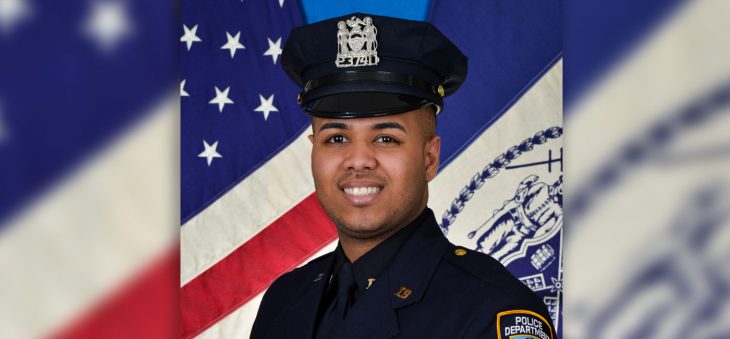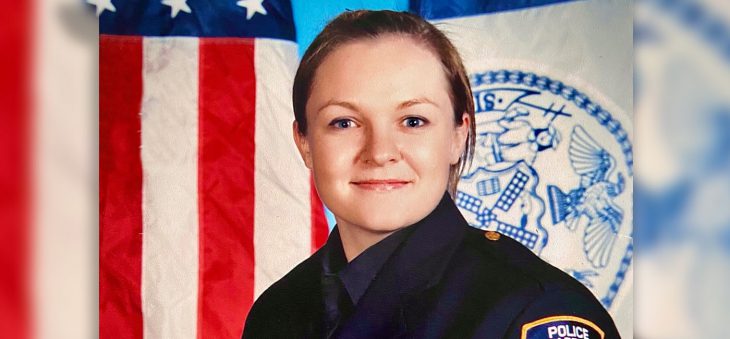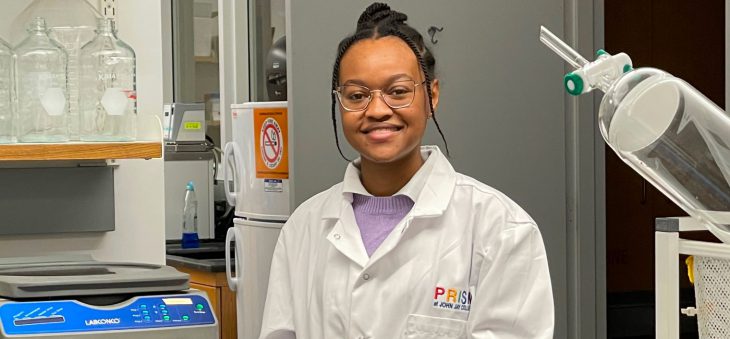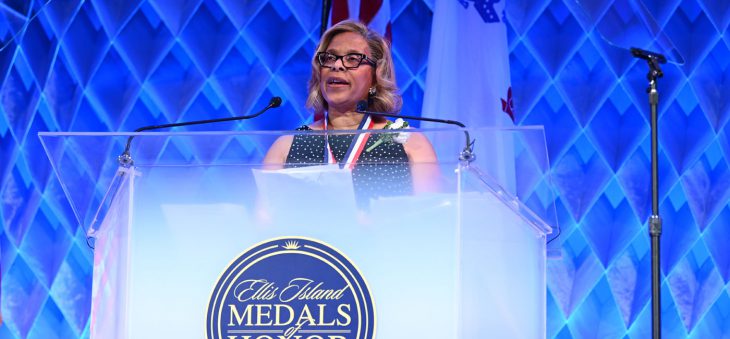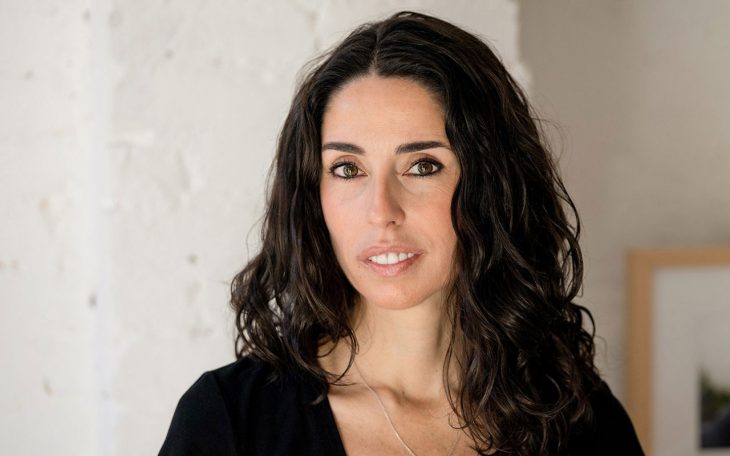Nasser J. Kazeminy, Chairman of the Ellis Island Honors Society, shares how he’s faced every challenge in his life with curiosity, compassion, and integrity.
By Andrea Dawn Clark
LOOKING BACK at his life, it’s clear that Nasser J. Kazeminy, the Chairman of the Ellis Island Honors Society, has found both success and happiness by following some basic, yet important, life principles. Throughout every encounter, it’s been his natural curiosity, his unfailing compassion, and his resolute refusal to compromise his integrity that’s guided his decisions. We sat down with Kazeminy in hopes of passing on his sage advice to the next generation of leaders.
FIND YOUR PASSION
Growing up, Kazeminy’s strongest subjects were mathematics and physics, and during college in the United Kingdom, he started studying Aeronautical Engineering. “Back then I didn’t know where the field would take me. And I wondered, how am I going to get myself to NASA?” says Kazeminy. Then, at the onset of the digital revolution, one of his professors introduced the students to the world of computers. Instantly, Kazeminy’s aspirations shifted. “Once I started hearing about computers multiplying astronomical figures in five nanoseconds, I was in.” At the end of the class he asked his professor if he thought he’d be good at computing. “His answer came back in a nanosecond. ‘No, there are many British boys who are much smarter than you. You’re not bright enough,’ he told me,” recalls Kazeminy, who had been tutoring other students in the class. He told the professor that he would no longer be taking his class, and he went on to follow his new dream. “I researched classes and found where I could learn about computers. My passion for computing grew daily.” After his graduation, Kazeminy applied for three jobs and received offers from all of them. Just four years later, 200 computer programmers and systems designers were reporting to him.
BE COMPASSIONATE
His Aeronautical Engineering professor wasn’t the last person to unjustly judge Kazeminy. After graduation, he accepted a position at Honeywell. They assigned him to a computer programming job in Liverpool. “I was working with many bright British boys, but in my estimation, they could be lazy. They’d come to work and talk about football, have tea, eat lunch, and then go to the pub. I was different. I was trying to do something with my life,” says Kazeminy. In an effort to learn more in his spare time, he’d drive to London and work all night testing new computer programs.
One day, his boss, Ken Bentley, called him in. He told him he was a “great guy” but that he didn’t “fit into the culture.” So, he was letting him go. It was the first time Kazeminy had ever lost a job. Luckily, another Honeywell higher-up recognized not only Kazeminy’s talent, but also the error of Bentley’s ways. On the spot, he offered him another job in London. With the help of his new mentor, Kazeminy built up the organization, taking over all of the country’s troubleshooting areas—including Liverpool.
In his new office he asked his assistant to call in Ken Bently. “I let him sit there for about an hour,” says Kazeminy. Bently was pale, remembering how unfairly he treated Kazeminy. But to Bently’s surprise, Kazeminy didn’t fire him. “I told him, ‘I want to send you to a management course. I want you to learn how to deal with people. You need to understand different cultures because this field is going to be run by young people like me from all over the world.’”
LET NO ONE DEFINE YOU
That painful experience of being seen as an “other” can permeate an immigrant’s experience in a new country. “I’m an immigrant myself and I know how difficult it can be. As an immigrant, it doesn’t matter how much confidence we have in ourselves, we always compare ourselves to everybody else,” says Kazeminy. “We know that we have to prove ourselves worthy of being an American.” He believes that it’s this internal drive that propels so many immigrants to succeed. “Just look at Fortune 500 companies, 45 percent of them are created by immigrants or the children of immigrants.”
Knowing that many John Jay students are immigrants, he wanted to speak directly to them. “We have kids coming to America, serving their country, working in health care, going to school, and paying their taxes. The fact that they’re living in fear is unfair and unjust,” says Kazeminy. “To our immigrant students, remember, no one can define you, except yourself.”
Photography: Courtesy of the Ellis Island Honors Society

